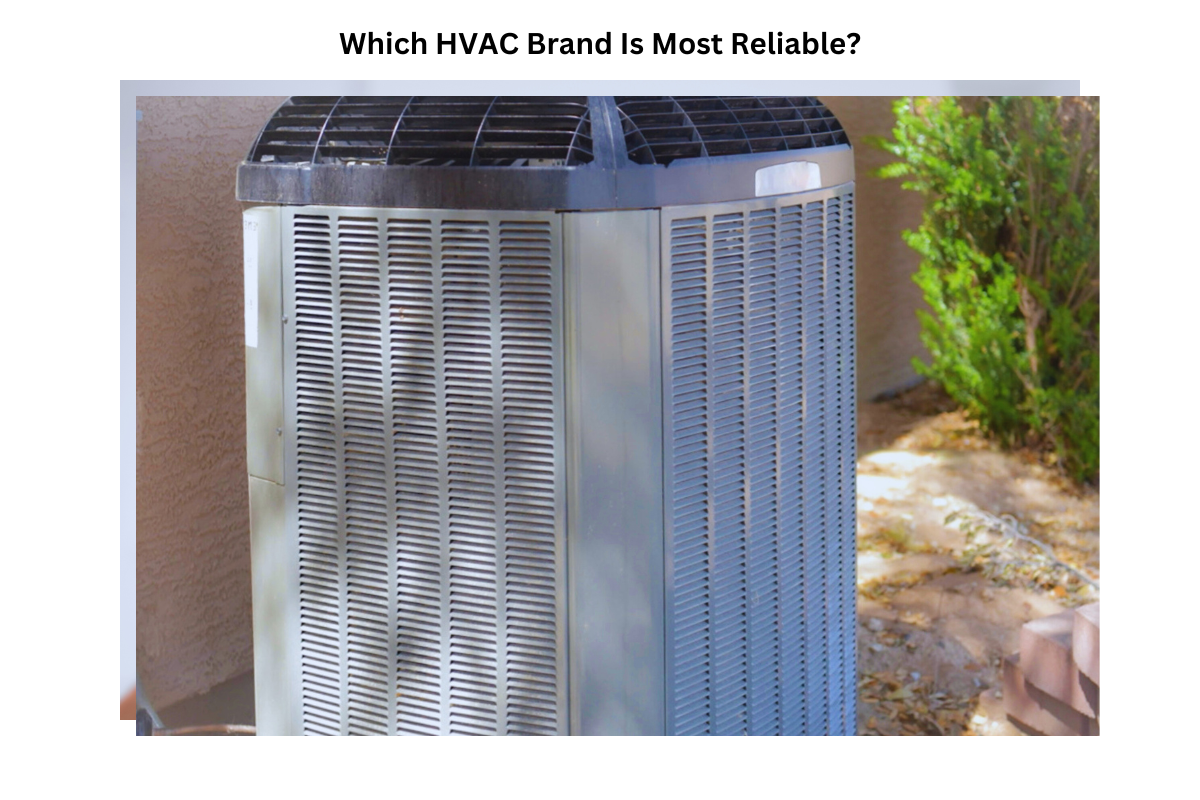Introduction
When you invest in a new air conditioner, you want it to last as long as possible. After all, an air conditioner is a significant investment and a crucial component of your home’s comfort. But how long can you expect your air conditioner to last? The lifespan of an air conditioner depends on various factors, including usage, maintenance, and environmental conditions. In this article, we will explore the average lifespan of an air conditioner, factors that can affect its lifespan, and tips on how to extend its life.
Table of Contents
-
How long does an air conditioner typically last?
-
Factors that can affect the lifespan of an air conditioner
-
How to extend the life of your air conditioner
-
When is it time to consider a replacement?
-
Conclusion
How long does an air conditioner typically last?
The average lifespan of an air conditioner is typically around 10 to 15 years. However, this can vary depending on several factors. A well-maintained air conditioner that receives regular maintenance and is used moderately may last longer than one that is neglected or heavily used.
It’s important to note that while 10 to 15 years is the general lifespan, some air conditioners may last even longer with proper care. On the other hand, certain factors can significantly reduce the lifespan of an air conditioner, leading to a shorter operational life.
Factors that can affect the lifespan of an air conditioner
Several factors can impact how long an air conditioner lasts. Understanding these factors can help you take appropriate steps to extend its lifespan:
- Quality of installation: A professional installation by a qualified technician is crucial for the longevity of an air conditioner. Improper installation can lead to various issues that can shorten the lifespan of the unit.
- Maintenance: Regular maintenance is essential to keep your air conditioner running efficiently. Neglecting maintenance tasks such as cleaning or replacing filters, lubricating moving parts, and checking refrigerant levels can result in decreased performance and a shorter lifespan.
- Usage: The more frequently an air conditioner is used, the more wear and tear it experiences. If you constantly run your air conditioner at maximum capacity, it may not last as long as one that is used more sparingly.
- Environmental conditions: Extreme temperatures, excessive humidity, and salty air can all impact the lifespan of an air conditioner. If you live in an area with harsh environmental conditions, your air conditioner may have a shorter lifespan.
- Manufacturer quality: The quality of the air conditioner itself plays a significant role in its lifespan. Air conditioners from reputable manufacturers tend to last longer than those from lesser-known brands.
How to extend the life of your air conditioner
While the lifespan of an air conditioner is influenced by various factors, there are steps you can take to extend its life:
- Regular maintenance: Schedule annual maintenance with a professional HVAC technician. They will inspect and clean your air conditioner, ensuring it operates at peak efficiency. Regular maintenance can prevent minor issues from turning into major problems and prolong the lifespan of your unit.
- Change filters regularly: Dirty filters can restrict airflow and strain your air conditioner, leading to reduced efficiency and potential damage. Follow the manufacturer’s recommendations and replace filters regularly.
- Keep the outdoor unit clean: The outdoor unit of your air conditioner can accumulate dirt, debris, and leaves. Regularly clean the unit and ensure there is no obstruction to the airflow.
- Use a programmable thermostat: A programmable thermostat allows you to set temperature schedules, reducing the strain on your air conditioner. This can help extend its lifespan by preventing unnecessary wear and tear.
- Avoid overworking the unit: While it’s tempting to crank up the air conditioner during hot summer days, running it at maximum capacity for extended periods can put strain on the unit. Use energy-saving practices and consider using fans or natural ventilation whenever possible.
When is it time to consider a replacement?
Even with proper maintenance and care, there will come a time when your air conditioner reaches the end of its lifespan. Here are some signs that indicate it may be time to consider a replacement:
- The air conditioner is more than 15 years old and is experiencing frequent breakdowns.
- The cost of repairs is becoming more expensive than investing in a new unit.
- The air conditioner is struggling to cool your home efficiently, resulting in inconsistent temperatures and high energy bills.
- The unit is emitting strange noises, producing unpleasant odors, or leaking refrigerant.
If you notice any of these signs, it’s best to consult with a professional HVAC technician who can assess the condition of your air conditioner and recommend the most suitable course of action.
Conclusion
An air conditioner typically lasts around 10 to 15 years, but several factors can affect its lifespan. By understanding these factors and taking appropriate measures to extend its life, you can maximize the longevity of your air conditioner. Regular maintenance, proper usage, and a quality installation are key to ensuring your air conditioner serves you well for years to come. When the time comes, consult with a professional to determine if it’s time for a replacement and explore the options available to you.




